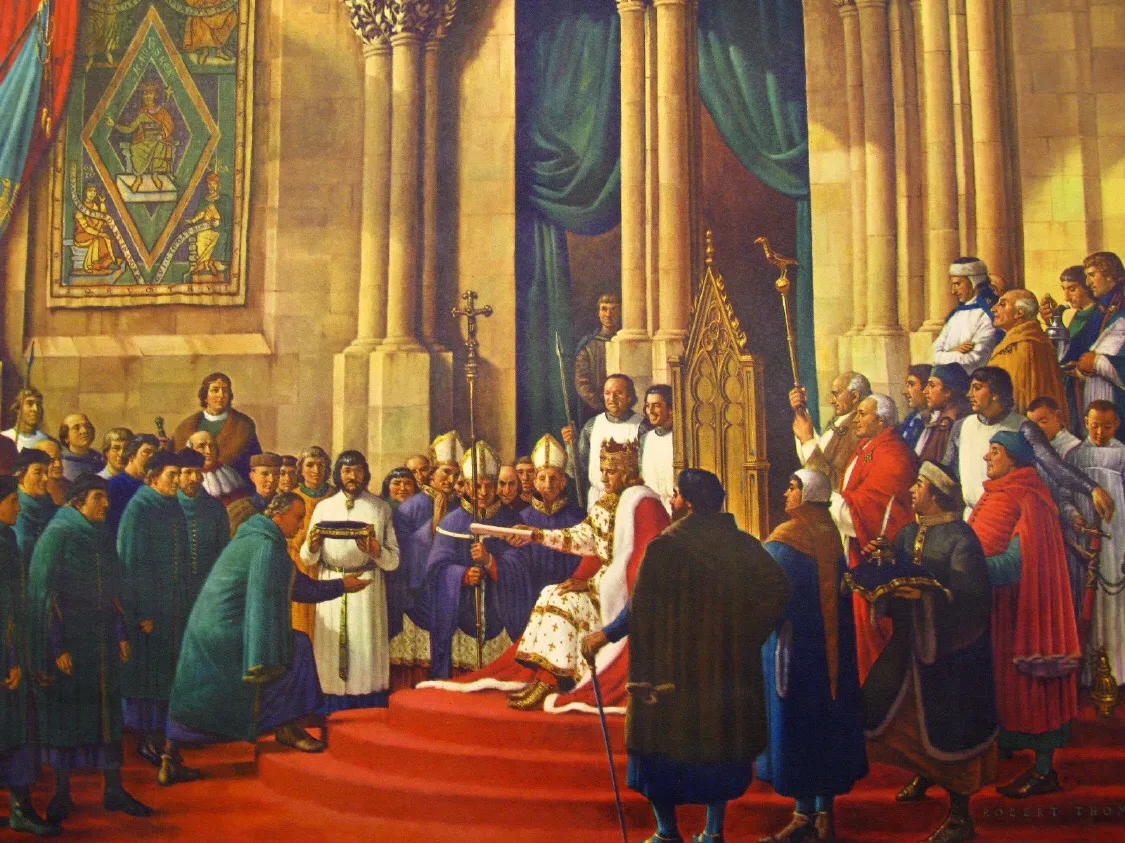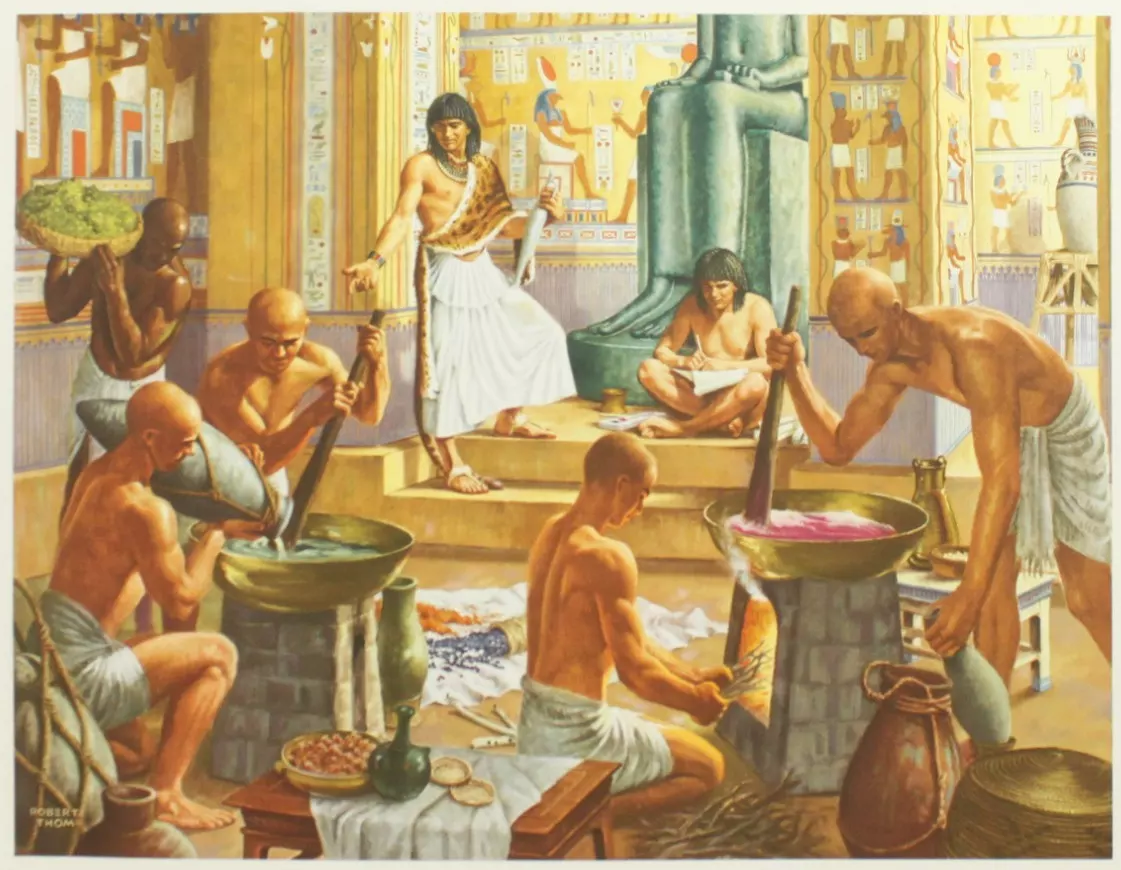Pharmacists prescribing medication sparks debate on patient safety
Another one of those flaccid colloquiums to soothe cattle or small talk to lull the ox to sleep, that only the doctor knows how to prescribe the "remedy" that does no harm."
An expert argues that prescribing requires in-depth knowledge and that pharmacists should act within the limits of their training.The effect of a drug depends solely on its mechanism of action and not on the will of the person who prescribes it. A drug prescribed by a doctor, a dentist, a veterinarian, or even by a spiritual healer will have to have the same effect. This is the fundamental law of pharmacology. Doctors do not have a magic wand and touch the box of the prescribed drug giving it orders."
I agree with the columnist's main arguments that 'prescribing requires in-depth knowledge' and that 'pharmacists must act within the limits of their training'. If applied ipsis literis, this removes pharmacotherapeutic prescription from doctors, since doctors do not manufacture drugs, have no idea how they are produced and, furthermore, the 'medicine' professional - another erroneous term - is the pharmacist, according to Decree-Law No. 85,878/81, which establishes the scope of the pharmaceutical profession.
Starting with the mistaken term "remedy", which can be conceptualized as any act, massage, music, relaxation, tea, liquid, food or the like that produces well-being. The correct terms are drug, which refers to any species in natura (tea, root, leaf, etc.) that has a therapeutic effect, and pharmaceutical, which is the pharmaceutical presentation tested and indicated for clinical treatment. The term medicine refers to the practice of medicine, which does not have 2,000 years of existence as a recognized profession, since its creation was "decreed" by King Frederick II of the Two Sicilies, in 1244 AD (after Christ).

The image above shows the separation of medicine from pharmacy, illustrated by Robert Thom, part of his collection of prints "The History of Pharmacy in Pictures".
Accounts of the practice of pharmaceutics, that is, the manipulation of drugs to manufacture pharmaceuticals or the like already in Egypt in the time of the Pharaohs, around 1,500 years before Christ, are found in the Ebers Papyrus and reproduced in the image below also by Robert Thom, another piece from his collection of prints "The History of Pharmacy in Pictures".

Speaking of patient safety, how can one trust doctors who are unable to diagnose appendicitis - their exclusive attribution - without an ultrasound and a blood count? How many children and teenagers die in places without diagnostic imaging and clinical analysis laboratory structure due to insecurity or even unpreparedness of doctors?
The desperation is clear with the end of the reserved market, but the fault lies with the doctors, as the Federal Council of Pharmacy is issuing this resolution out of necessity due to the absence of doctors in the most remote and poor places in Brazil, which are the majority.
